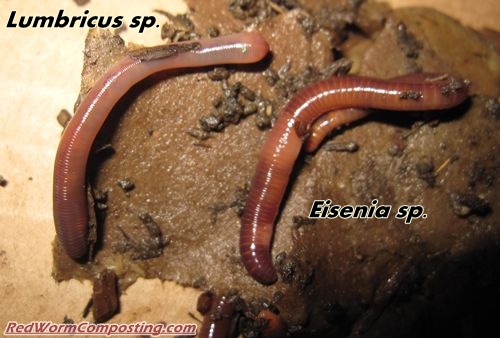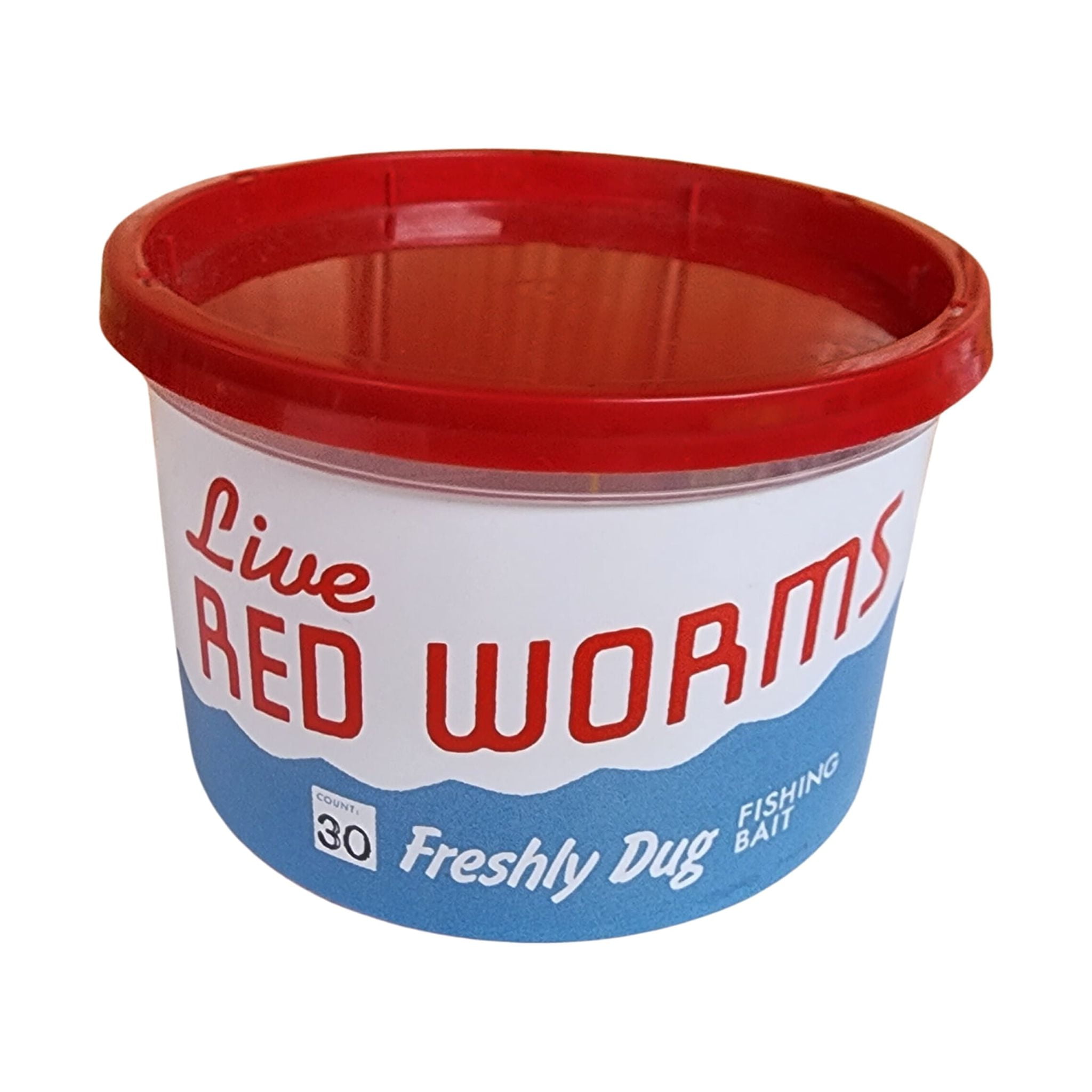Where To Find Red Wigglers Can Be Fun For Everyone
Table of ContentsSome Known Details About Where To Find Red Wigglers How Where To Find Red Wigglers can Save You Time, Stress, and Money.Where To Find Red Wigglers Fundamentals ExplainedThe Basic Principles Of Where To Find Red Wigglers The Where To Find Red Wigglers IdeasUnknown Facts About Where To Find Red Wigglers
For finest results, you want to shoot for regarding 60-70% moisture degree. At the perfect dampness degrees which is simply under 70% that handful must barely yield one decline of liquid.
The Indian Blue is ravenous, however also favors a warmer climate and it additionally shows a propensity to escape the container. The red wiggler is a sturdy worm and isn't as fussy about its climate. I like to call it the Ford Taurus of vermicomposting worms; you won't brag to your hardcore composting friends that you have them, yet they will offer you well.
Like any other lure, a worm's performance has involved depend on its discussion. H.G. "Tap" Tapply underscored this point almost a half century ago in one of his Field & Stream columns. "A worm is such an unformed animal," he created, "there does not appear to be extremely a lot an angler can do with it other than stab it on a hook and toss it right into the water." As Faucet showed, a fishermen can do an excellent deal to make a worm a lot more appealing.
Where To Find Red Wigglers Fundamentals Explained
I think you will too if you try them. The smaller the trout stream, the far better worms work is an axiom that hasn't changed in the 100-plus years because Perry wrote his article. Fishermens of his period just stuck their rickety fly rods through alder tangles and dropped a heavy worm into a deep opening.
Early morning is prime feeding time, and the insubstantial lure's slow-moving descent leaves 5 inches of wriggling protein completely view for quite a while. After you've made the actors, maintain the bail open and put the pole in a forked stick. The line will diminish the pole in slow-moving loopholes as the worm works out, but most of the time the slow loops will become a blur, and the morning will instantly get instead intriguing.
You can fish deep and cover a great deal of area, and the crawler appears to be the best touch for this transitional time, when the smallmouths have yet to lock on to a recommended forage. Dark jigsblack, brown, and purpleseem to match the nightcrawler's color. I usually utilize a whole 'crawler, like marabou clothing, and drop the rod for two or three secs when I obtain a hit.
And differentiating base from a bite can be difficult. The technique is to relieve the pole back to the strike (possibly a foot) and feel for life at the end of the tightening line. If it's there, established the hook with a sweep as opposed to a jerk. Every now and then you'll discover yourself hooked to those sluggish, passionate yanks, and feel the weight of a nice walleye.
An Unbiased View of Where To Find Red Wigglers
When the heavy walleyes go on to the big-water shoals in the late summer season, attempt going after them with a bucktail jig and a 1-inch pinch of nightcrawler. The bait covers the hook point, deflects weeds, and uses a taste of victim. With nothing dangling or flapping, it stays secure no matter existing, casts, or ambitious panfish.
Whether you're wading or fishing from a boat, wandering worms is among the excellent searching methods for bigger rivers. For trout, a spade-dug, 4-inch garden worm is the appropriate dimension; for bass, walleyes, and steelhead, a nightcrawler may be a much better option. The trick is to wander the bait through feeding and holding areas due to the fact that fish in current are not mosting likely to ferret out the bait, as they could in still water.
Strikes will come as a sharp tug as opposed to a pull or rap. Fish the click for source shifts: mouths of tributaries, bank-side slicks, and the edges of large swimming pools. As the late Ed Zern, Field & Stream's wonderful satirist, when put it: Fishermens are birthed truthful but they overcome it. His motto puts on any kind of variety of angling maneuvers, including the issue of adding an item of worm to a wet fly.

Fascination About Where To Find Red Wigglers
Include a couple of hundred worms and feed them 2 times a week. Keep the bed linens wet but not damp. On the food selection: lettuce, fruit and vegetable waste, and the occasional nongreasy surplus.
Simply like veggie scraps, you can take your utilized coffee grounds and add them to a worm box. Worms enjoy eating coffee premises.
When the hefty walleyes go on to the big-water shoals in the late summertime, try pursuing them with a bucktail jig and a 1-inch pinch of nightcrawler. The bait covers the hook point, deflects weeds, and uses a preference of target. With absolutely nothing dangling or waving, it stays safe and secure regardless of present, casts, or ambitious panfish.
The Facts About Where To Find Red Wigglers Uncovered
Whether you're wading or fishing from a watercraft, drifting worms is just one of the fantastic searching approaches for larger rivers. Where To Find Red Wigglers. For trout, a spade-dug, 4-inch yard worm is the ideal dimension; for bass, walleyes, and steelhead, a nightcrawler may be a better option. The secret is to drift the lure via feeding and holding areas due internet to the fact that fish in present are not going to chase after down the lure, as they may in still water
Fish the changes: mouths of tributaries, bank-side slicks, and the sides of huge pools. His motto uses to any kind of number of angling maneuvers, consisting of the issue of adding an item of worm to a wet fly.
However elevating your very own lure suggests you can unclothe your home and struck the pond before Mama comes homejust like in the old days. Right here's just how to keep a worm box: Cut a sheet of CDX-grade plywood, which is made with waterproof glues, to your measurements. Accomplish together and pierce a loads 12-inch holes in the bottom for drainage.
The Only Guide for Where To Find Red Wigglers
Load it with shredded newspaper, leaves, peat moss, and soil. Moisten lightly. Cover and let rest for a week. Add a few hundred worms and feed them two times a week. Maintain the bed linen wet however not damp. On the menu: lettuce, vegetables and fruit waste, and the occasional nongreasy leftover.
Simply like veggie scraps, you can take your made use of coffee premises and include them to a worm box. Worms like eating coffee grounds.